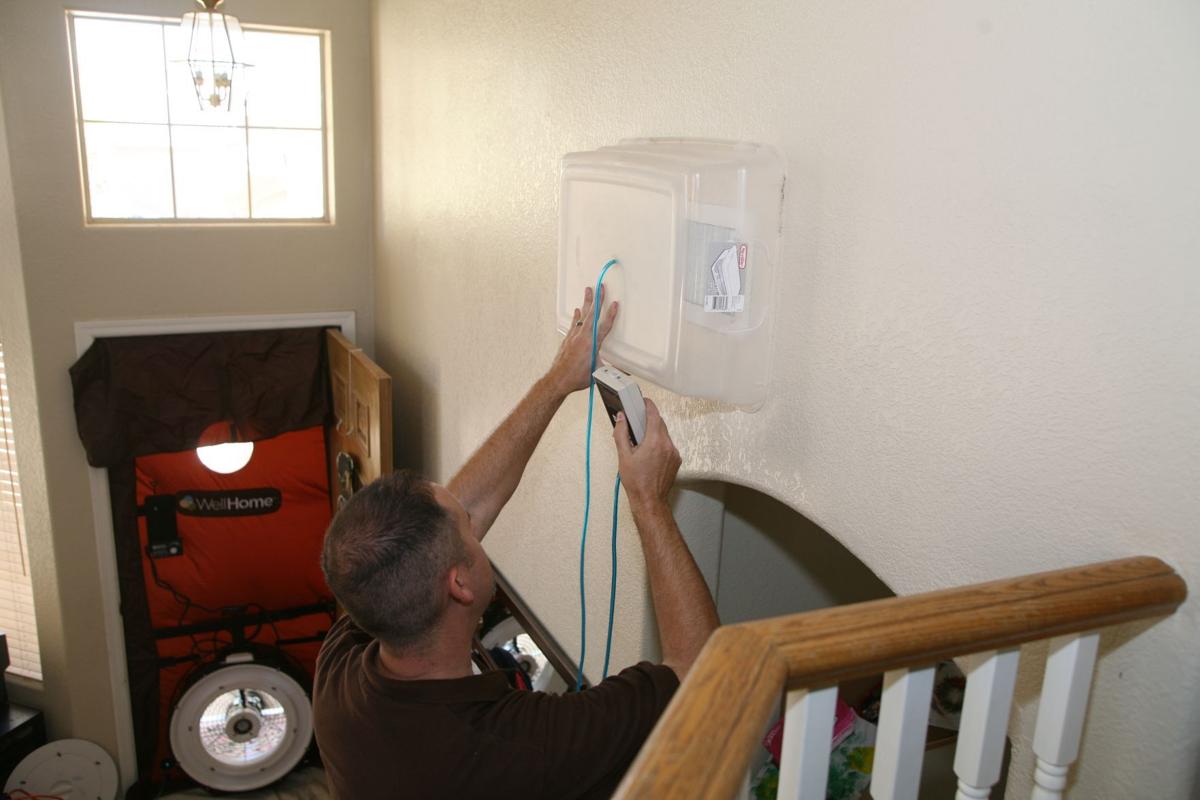Each year, thousands of Arizona residents email or call Rosie Romero’s radio show with questions about everything from preventing fires in their chimneys to getting rid of tree roots invading their sewer systems. His goal is to provide answers that suit the specific lifestyle wherever someone lives in Arizona.
QUESTION: I’m moving from California to Gilbert, the Phoenix suburb. As an outsider moving from another state and knowing that your temperatures are 100-plus degrees, how do we know that our home has been properly built to cope with those temperatures? And should I install a whole-house fan to cool things down?
ANSWER: You need to have a home inspection done to check out the insulation and any possible problems with heating and air-conditioning systems. You can also have a whole-house energy audit done in the home you are buying. An audit like that should cost less than $100.
Whole-house fans are widely used for ventilation in California, but they’re not a good idea in Arizona, where they will suck up many pounds of dust and dirt and bring them into your home.
Q: As a condominium owner, is there anything I can do to harvest rain or save water where I live?
A: You can put a bucket in the shower to collect water when you’re running the shower to get the water to warm up. Use the water on plants or household cleaning. You can also save water by collecting rainwater running off the roof of your building, but don’t use that water on a garden where you are growing vegetables. You don’t want the dirt and granular material coming off the roof to contaminate plants. To cut down on water use, you can install low-flow toilets.
Q: When I empty the swimming pool, can I save the leftover water to use on my plants?
A: Generally, no. You don’t want to use the water from saltwater pools on your garden. Nor do you want to use chlorinated water on your plants.
Q: Why is it that every time there’s a big storm, you always see all kinds of palo verde and mesquite trees fall down?
A: To begin with, palo verdes and mesquites are adaptable to very hot temperatures because they are meant to grow like shrubs in the desert. In the wild, their low-growing branches shade the roots of the plant and provide a compact structure. But when we plant them in our yards, we tend to trim the low hanging branches and raise the canopy so they’ll provide more shade. We essentially turn them into giant beach umbrellas. It’s no surprise then that they get blown over. Thinning the canopy makes their trunks more susceptible to sunburn and disease. Then, when a big monsoon wind comes along, they get knocked down.
Q: I have a wall-mounted toilet in my tract home that was built in the 1960s. Recently water has been leaking out of the wall above the toilet and getting all over the floor. How can I fix this?
A: You need to quickly find the water supply line and turn it off to resolve the emergency. The tank for the toilet is actually hidden inside the wall. If that doesn’t work, you need to call a plumber as soon as you can. It’s possible that a plumber may have to go into the wall to fix whatever is leaking. Sometimes they get into the area through the wall in another room or in a closet. Although this situation may seem unusual to many people, these types of toilets were often used to provide extra space in a tiny bathroom.





